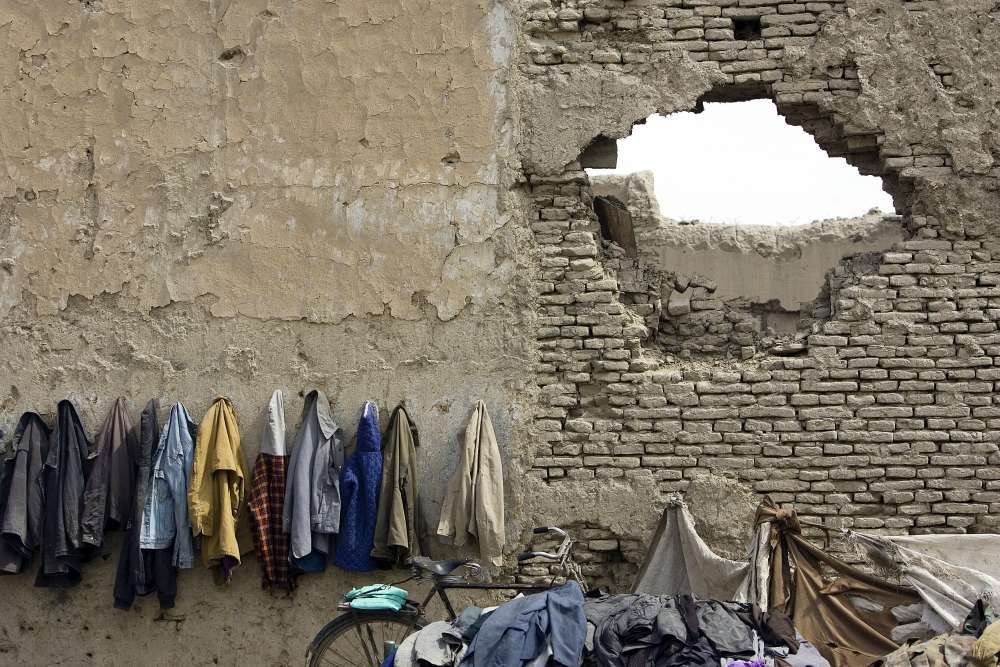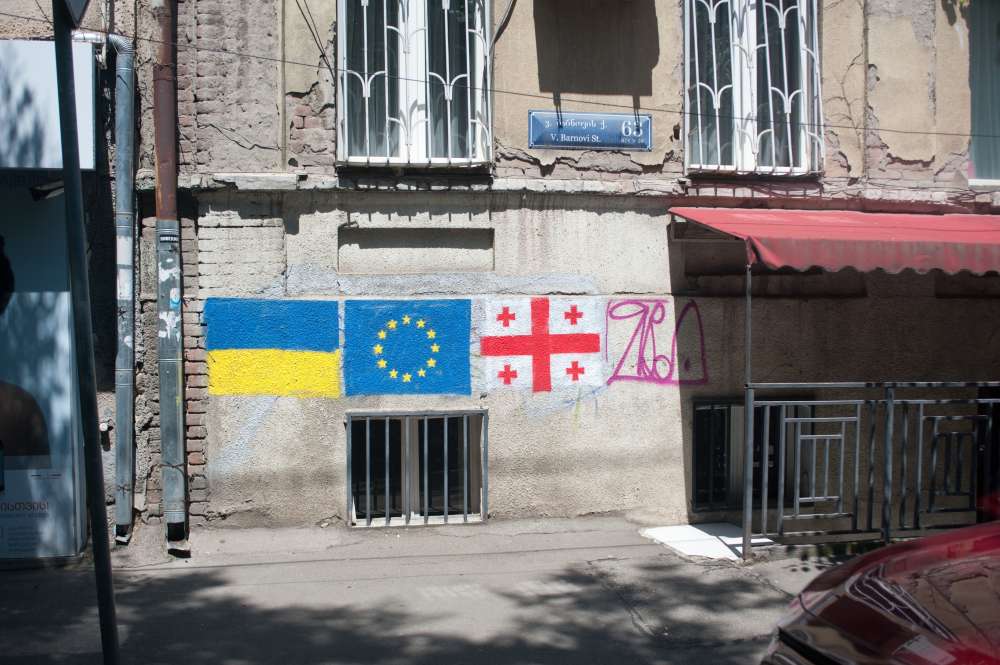The Challenges and Lessons Learned in Supporting Security Sector Reform

Generally speaking, security sector reform (SSR) refers to planned improvements to existing structures and methods in a country’s security sector, with the objective of improving security for the population. On the one hand the country’s police and soldiers have to be well trained and equipped. They must be able to investigate, patrol, and shoot. On the other hand, only control through a democratically elected government can help guarantee that security agencies refrain from exploiting their power for particular interests or become involved in repression against their own population. In many developing and conflict-affected countries, however, democracy and effective security forces are often lacking. A secure and stable environment is, however, vital for sustainable development. The point of the SSR concept is to provide external support for reorganising the security sector in line with democracy and rule of law to ensure the security of the population.
This study pursues three objectives: First, it provides an overview of the concept of SSR support and analyses the most recent trends and relevant developments. Second, on this basis, it identifies the challenges confronting practitioners when implementing SSR measures and examines the solutions and strategies they pursue. Third, in light of the findings, the reasons for civil society to engage in SSR are presented along with possible approaches. The data for the study were collected from fifty-nine interviews with experts and augmented by analysis of policy papers and studies on SSR.
Four international trends can be observed in SSR support: (1) Most Western SSR support is being channelled only to a handful of states. In 2011 more than half of SSR support recorded by the Organisation for Economic Co-operation and Development (OECD) went to just two states, Afghanistan and Kosovo. Countries with high level incidents of violence but not engaged in full-blown civil war fall through the grid. (2) With SSR, as in the case of development co-operation in general, non-Western states are emerging as new donors. They reject value conditionality for external aid which so far implied the fostering of democratic values as part and parcel of security sector reform. (3) Organisations with commercial motives are also playing a growing role in SSR. Critics argue that these enterprises neglect SSR’s “soft goals,” such as democratic control and human rights. (4) There is a significant gap between the ambitious goals of democratic SSR and the rather meagre results in certain countries in view of the sums invested.
In designing SSR measures, practitioners typically pursue four types of approaches or strategies: functional capacity building, implementing measures whose primary objective is to strengthen the capacities of security agencies in partner countries through official bilateral assistance; state building, the more ambitious and challenging agenda of transforming the overall complex political and security system of a country; local risk reduction, prioritising human security using a decentralised approach; and democratic security governance, also aiming at the protection of the population, primarily by means of ensuring proper democratic security governance.
The ideal compromise between ambition and realism has yet to be found in implementing SSR. A comparison of the four approaches reveals that today, the predominant measures are those that focus on functional capacity building in technical niches in security agencies, like the armed forces, police, and judiciary. The objective is to improve security performance, not to transform security governance. On the other hand, experts emphasise that only a democratically controlled security sector can ensure the protection of the population in the long term. This guards against abuse of power and creates a balance between the security interests of the state and those of the population. Ultimately, SSR without democratic transformation is a recipe for the next autocracy.
There are two reasons why democratic transformation is not central to SSR today: Firstly because new donors are rejecting the idea of promoting democracy through SSR. The United Nations’ SSR concepts refer only to “civilian control”, without clarifying what this should actually look like. Secondly, the experience of poor outcomes in certain SSR processes has led to more modest goals being set in recent programs. This erosion of SSR risks democratic security governance slipping even further into the background. Realistic interim goals are therefore needed, while in the longer term the goal of comprehensive transformation must not be tossed aside.
A political understanding of SSR is key to success. External supporters should not concentrate solely on building functional capacities. Alongside the formal security organisations, attention must focus above all on the power elites. Every reform will produce winners and losers. In countries with authoritarian governments, reform threatens elites with examination of their repressive activities and therefore also with potentially grave personal repercussions. Here external actors have room to offer reassurance or apply pressure where appropriate.
SSR can only be successful if there is ownership on the ground in the sense of having an interest in change. Because this is not always the case, external actors must apply an even more differentiated approach and be more patient than they have to date. In autocratic states, the first step should be to gradually create space for reforms. In post-conflict societies, on the other hand, short-term stability is the order of the day. Control of power is important here too, although this must not always occur immediately through democratic institutions. If a country lacks any scope at all for change, providing no help at all is preferable to supporting the wrong groups.
On the ground, political support for SSR should be conducted above all through influential embassies and peace operations. Their sway, however, can be restricted when new donors offer SSR without development strings. SSR therefore functions best in combination with an existing societal transformation process, but there are always risks. If SSR neglects democratic control, there may be setbacks in the transformation process, and if SSR ignores the power interests of influential elites, there might be violence.
There is an important role for international civil society organisations to play in SSR. Their long-term perspective and networking on the ground put them in an especially good position to conduct dialogues with security actors below the echelon of official intergovernmental talks and to survive periods of politically adversity. Of course their influence is restricted, and in many countries they are more tolerated than accepted. Especially where elites lack interest in genuine SSR processes, however, they can support local civil society in encouraging influential elites to embrace change and take the first steps toward it.
…
The full paper is available for download.
This is an updated English version of a study originally published in German in November 2014. The policy paper was produced as a collaboration between the Friedrich-Ebert-Stiftung (FES) and GPPi.







